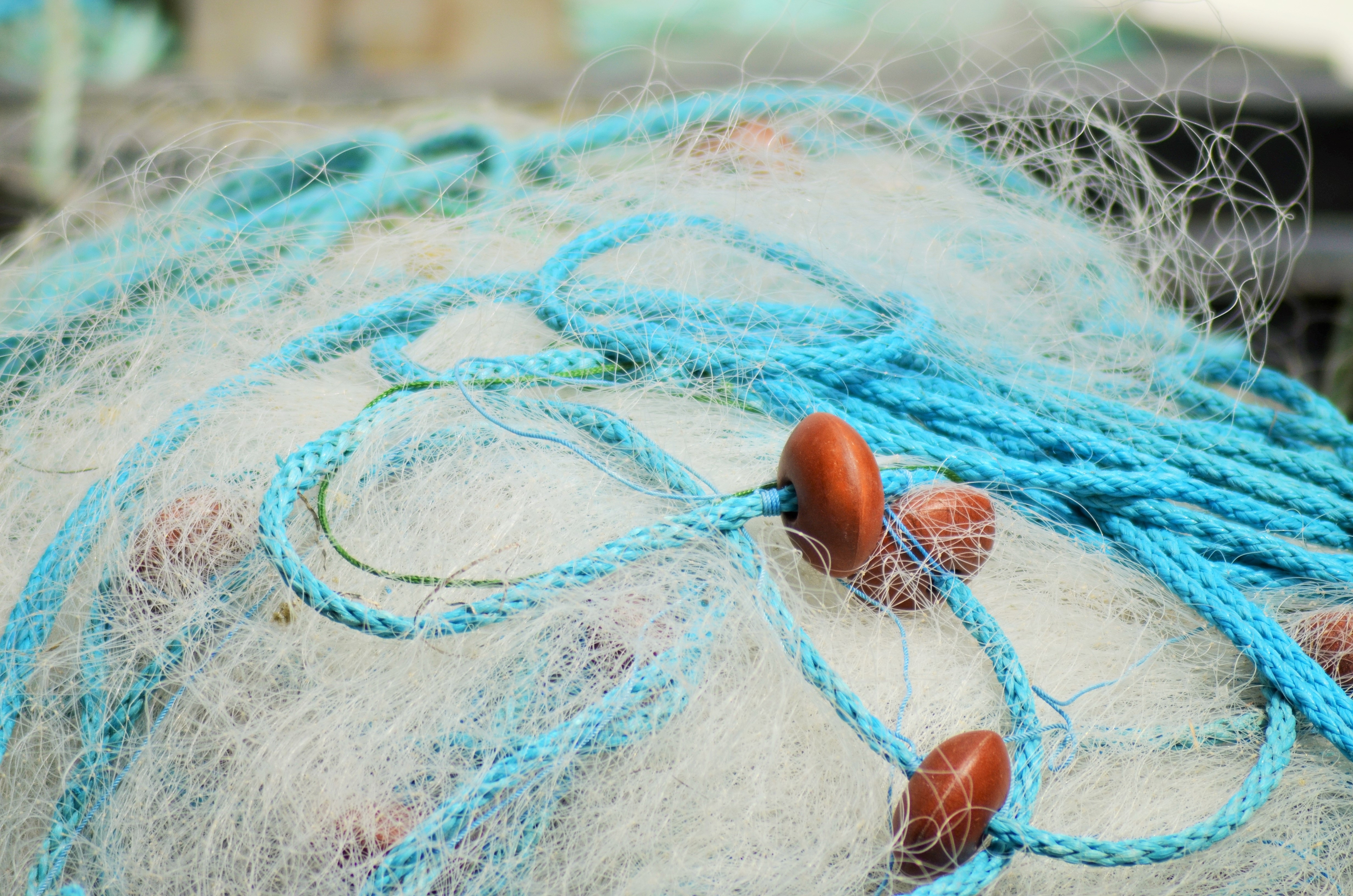The Spanish Mediterranean fisheries weather the storm of COVID-19 crisis
A new report involving ICTA-UAB carries out an updated assessment of the economic impact of the coronavirus on the Spanish Mediterranean fishing fleet.

The Mediterranean fisheries sector has managed to withstand the impact of the economic crisis generated by the COVID19 thanks to the maintenance of domestic consumption.
This is clear from a report published by the ENT Foundation involving the ICTA-UAB researcher Miquel Ortega Cerdà. The report “Monitoring the COVID crisis in Spanish Mediterranean fisheries. Weathering the storm of COVID-19 crisis” shows that in the first ten months of 2020, the Mediterranean fisheries sector was not immune to the COVID19 crisis. Most of the decline in income occurred in the first months of the crisis (March-June), coinciding with operational difficulties and marketing difficulties, which forced some of the fleet to stop their activities. Subsequently, until the time of completion of the analysis – the end of October – the evolution was positive, the reduction in income was more moderate. Aggregate turnover in the January-October period compared to the average turnover for the 2017-2019 period fell by 14,6%, while in the July-October period the decline slowed down to 7,6% compared to the same period in the previous three years.
Despite the interruption to the fishing activity in the first weeks of the crisis and the temporary interruptions to the hospitality channel, domestic demand allowed for a slightly smaller drop in turnover than in other economic sectors in Spain.
Turnover evolutions (January-September 2020)
Source: Own elaboration from the sectorial index of business turnover, INE and the monthly turnover of the Mediterranean fishing sector provided by the respective Autonomous Communities
There are significant differences between fishing gears that need to be studied in detail in the future to better understand sectoral resilience and geographical impact. Previous assessments point to a smaller decline in turnover for smaller gears and larger impact for trawling and purse seine. Similarly, the data on turnover available indicate that there have been significant geographical differences.
On the other hand, costs have fallen thanks to the fall in the cost of oil, the adjustment of fishing pressure and the deployment of a wide range of public aid. The main cost reduction factors are as follows:
- The average price of diesel oil B in the period January to October fell by 11% compared to the average value for 2017-2019. Once the first phase of the pandemic was over, in the July-October period the decrease was 16%. This drop is especially relevant for the trawling sector.
- The days that the vessels stayed in port due to COVID19 (whether for operational reasons or commercial strategy) have also meant a significant decrease in total operating costs, eliminating the cost of oil, and reducing other expenses such as supplies, baits, spare parts, etc.
- Wage cost reductions due to the public funding mechanisms deployed during the days of fishing activity interruption.
- Total cost reductions due to the reduction in the price of oil and to the wage costs covered by subventions in trawling are slightly above 10% compared to the costs incurred in the same period in 2018, and slightly above 5% in the case of purse seining.
- In 2020, the amounts eligible for aid during the temporal cessation periods in some communities were also increased, contributing to a better economic balance in the annual results in the sector.
- All the Autonomous Communities allocated more public resources to support the sector through various measures. The uses were very diverse. For example, in the framework of health and safety, direct aid was established to compensate for the extraordinary costs caused by COVID19 and/or direct purchases by the administration.
- Similarly, in almost all the Autonomous Communities the operation of the fish markets was subsidised to compensate for the decrease in turnover through which they are financed.
- Similarly, in almost all cases, campaigns to buy local food products were stepped up, in addition to generalist type aid for the financing of economic operations.
- In some autonomous communities, the fishing sector was exempted from port taxes.